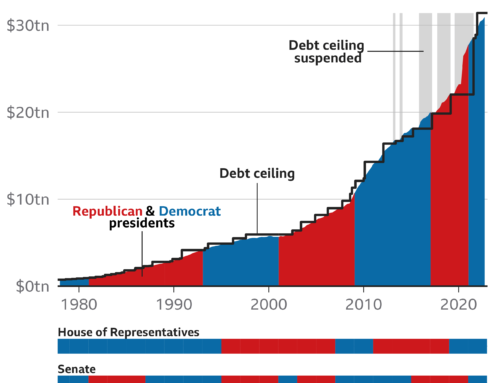This Day in History: Washington’s Birthday (not President’s Day) established
On this day (January 31,) in 1879, Congress makes George Washington’s birthday a holiday. As far as the federal government is concerned, there is no such thing as a generic “President’s Day.” Congress specifically decided to celebrate “Washington’s Birthday” on this day so long ago, and it has never reversed the decision.
So why do most of us call the third Monday in February “President’s Day”?
The holiday has a complicated history—beginning with a complicated birthday. Did you know that George Washington (sort of) has two birthdays? During his lifetime, the British Empire switched from the Julian calendar to the Gregorian calendar. The new calendar more closely mimicked the timing of one Earth orbit around the Sun. But it also changed Washington’s birthday from February 11 to February 22.
How odd to suddenly start celebrating your birthday 11 days later than you used to, just because some government official somewhere made a change?
Americans celebrated Washington’s birthday unofficially for decades, but Congress would also jump into the act. During the Civil War, Congressmen decided to recognize the day by reading Washington’s Farewell Address. “In view of the perilous condition of the country,” Tennessee Senator Andrew Johnson said, “I think the time has arrived when we should recur back to the days, the times, and the doings of Washington and the patriots of the Revolution, who founded the government under which we live.”
Congress soon found other ways to honor Washington: On January 31, 1879, it decided that federal employees in the District of Columbia would observe February 22 as a holiday—Washington’s Birthday. This holiday was extended to other federal employees just a few years later. By 1893, Congress was again reading the Farewell Address in recognition of Washington’s Birthday. The tradition is an annual event that continues today.
So when did things get so muddled?
Problems began in 1968 when the Uniform Monday Holiday Act changed several holidays so that they would always occur on a Monday. Congress expressed its hope that more 3-day weekends would “bring substantial benefits to both the spiritual and economic life of the Nation.”
Congressmen surely noted that many retailers and the travel industry would be happy with the change, too?!
That 1968 Act did not change the name of the holiday that had been celebrated on February 22 for so long. The third Monday in February is still technically “Washington’s Birthday,” although (in an ironic twist) it is impossible for that third Monday to ever fall on February 22—or even February 11.
Were people confused because the date had been moved and now fell between Lincoln’s and Washington’s birthdays? Did they remember past discussions about the possibility of renaming the holiday? Or maybe car dealers thought that “President’s Day” sounded more appealing?! Whatever the reason, “President’s Day” began to be used, even though Congress itself never made the change.
There is a movement to normalize the use of “Washington’s Birthday” again, instead of the more generic “President’s Day.” But I suppose the outcome of that part of history is yet to be written.
Primary Sources
- An act to amend section nine hundred and ninety-three of the Revised Statutes of the United States for the District of Columbia, so as to make the twenty-second day of February a holiday within said District (Jan. 31, 1879)
- George Washington’s Birthplace: George Washington’s Birthday (National Park Service)
- Jacob R. Straus, CRS Report for Congress: Federal Holidays: Evolution and Application (May 9, 2014)
- Lyndon B. Johnson, Statement by the President Upon Signing the Uniform Holiday Bill (June 28, 1968)
- National Archives: The Center for Legislative Archives: Washington’s Birthday
- Richard Nixon, Executive Order 11582—Observance of holidays by Government Agencies (Feb. 11, 1971)
- Stephen W. Stathis, CRS Report for Congress: Federal Holidays: Evolution and Application (Feb. 8, 1999)
- Timeline of George Washington’s Birthday Celebrations (Mount Vernon)
- Uniform Monday Holiday Act, Public Law 90-363, 82 Stat. 250-251 (June 28, 1968) (codified at 5 U.S.C. § 6103).
- United States Senate: George Washington’s Farewell Address


